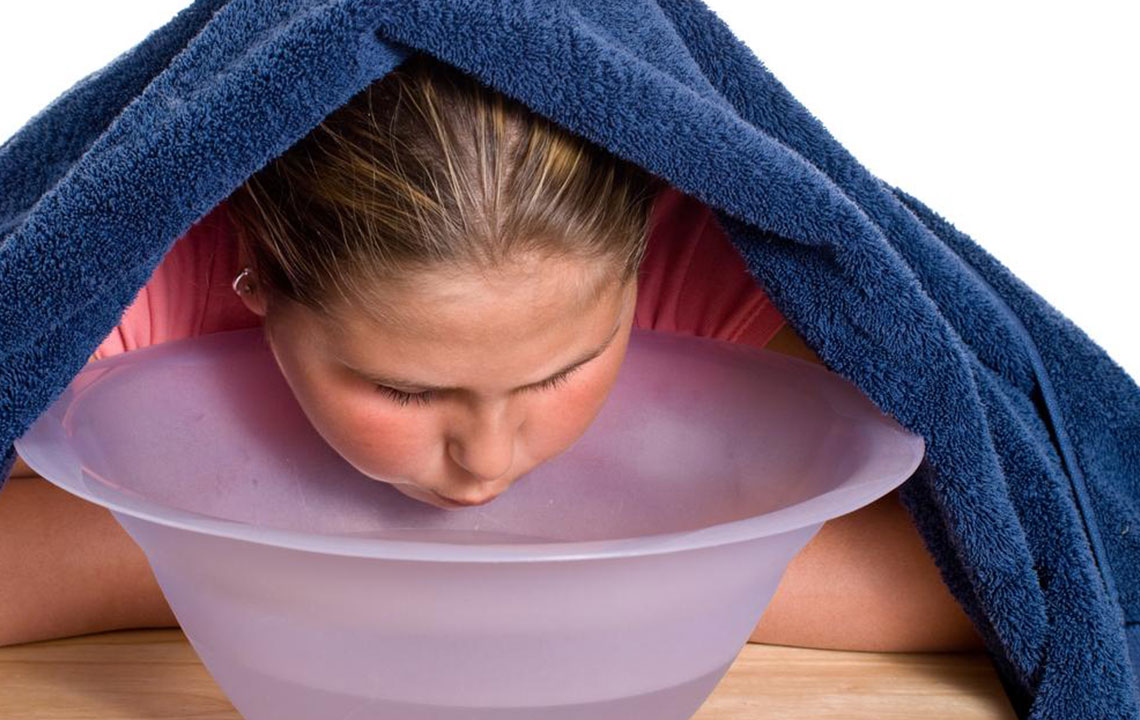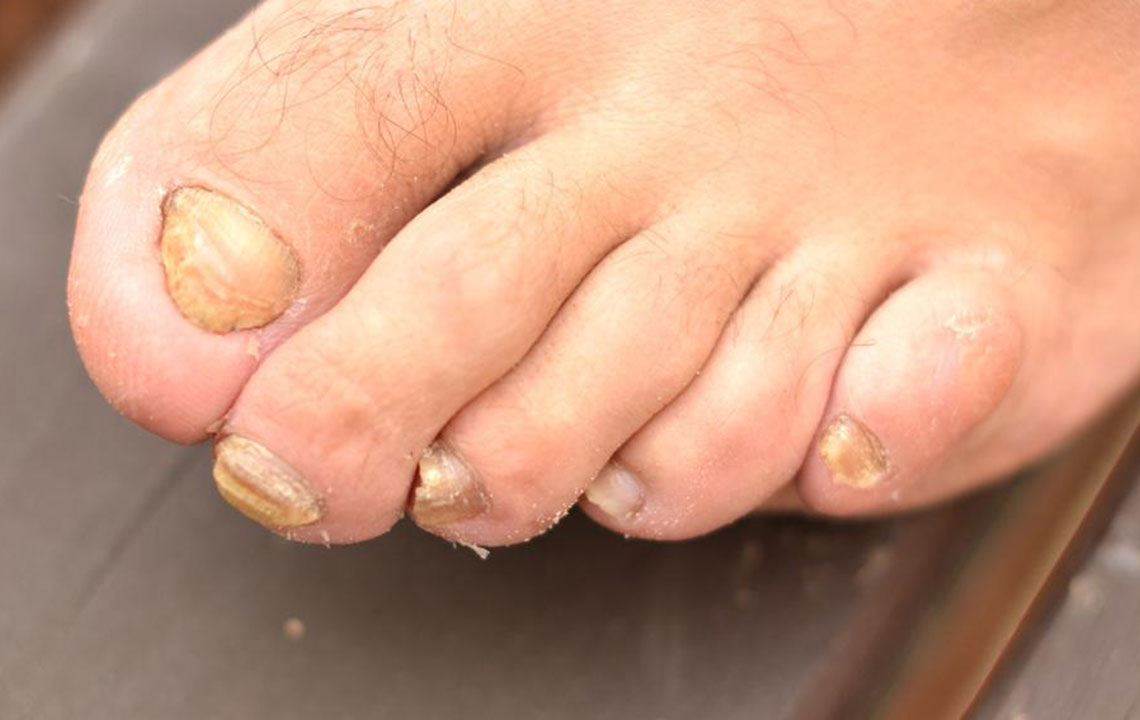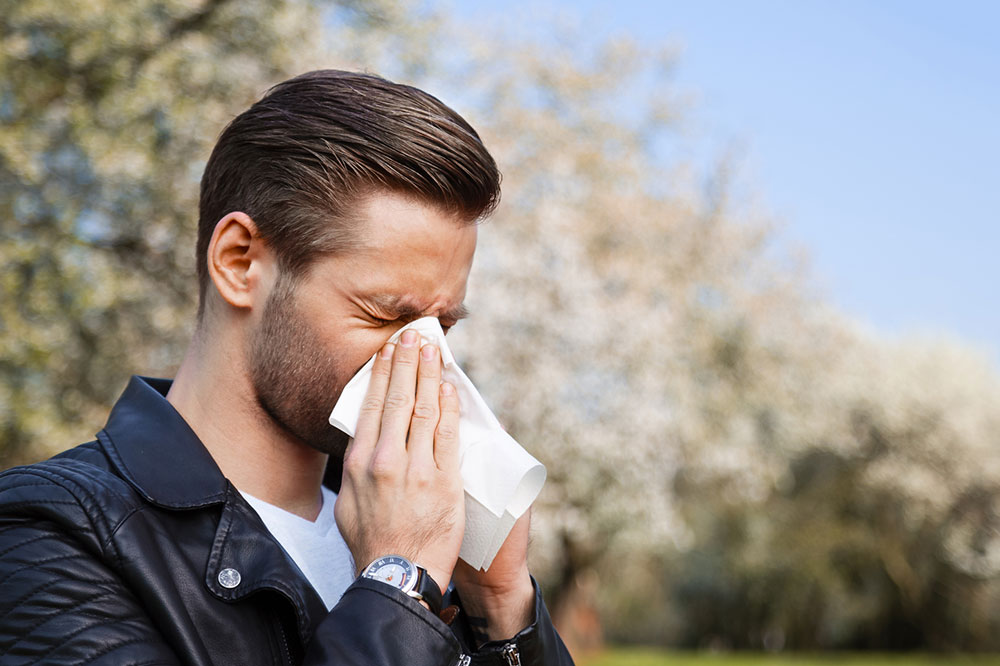Natural Solutions to Combat Dust Allergies at Home
Discover natural and practical strategies to manage dust allergies effectively. This guide highlights home remedies, environmental tips, and medical treatments to alleviate symptoms and prevent future allergic reactions, especially for those with sensitivities or weakened immunity. Incorporate these easy steps for a healthier, allergy-free environment.

Natural Solutions to Combat Dust Allergies at Home
In modern times, many individuals experience allergic reactions to substances that were less common in the past. Allergies due to dust, pollen, food, or smoke are more prevalent, especially among those with weakened immune systems. Common triggers include dust mites, pet hair, cockroaches, and pollen.
Dust mites are tiny bugs found worldwide, which primarily cause dust allergies. Symptoms include:
Frequent sneezing
Watery eyes
Runny nose
Itching sensations
The most effective way to manage dust allergies is to minimize exposure to allergens.
Allergens such as dust mites and pollen are foreign particles that trigger allergic responses. Limiting contact with these irritants can prevent or reduce allergy symptoms. Here are some helpful approaches:
Medicinal options for dust allergy relief
OTC and prescribed medicines can alleviate symptoms effectively.
Nasal corticosteroids help reduce inflammation with fewer side effects.
Antihistamines provide relief from sneezing, runny nose, and itching.
Decongestants constrict nasal blood vessels, easing breathing.
Products like Actifed combine antihistamines and decongestants for comprehensive relief.
Immunotherapy, involving allergy shots or specialized medication, offers long-term management of dust allergies.
Home-based remedies for dust allergy management
Saltwater: Drinking salted water regularly boosts immune function by supporting adrenal health, increasing tolerance to allergens.
Peppermint tea: Known for its antibacterial and anti-inflammatory properties, peppermint tea can ease nasal congestion and reduce sneezing. It’s a natural remedy readily available in markets.
Horseradish: Contains Allyl isothiocyanates, which aid in allergy relief. Grated horseradish mixed with water can be consumed for benefits.
Steam inhalation: Breathing in steam helps clear nasal passages, reduces sinus congestion, and opens pores, providing temporary relief from dust allergy symptoms. Although not a cure, it alleviates discomfort.
Prevention tips for long-term dust allergy control
Space optimization: Keep your room tidy, avoid clutter such as unused clothes or books, and keep shoes outside the sleeping area to reduce dust accumulation.
Maintain cleanliness: Regularly clean surfaces with a damp cloth, vacuum with HEPA filters, and control indoor humidity between 30-50% using air conditioners or dehumidifiers.
Travel precautions: Wear a mask outdoors, especially in dusty environments, and keep windows closed during travel.
Workplace hygiene: Dust office documents thoroughly and wear masks if necessary to prevent dust inhalation.
While natural remedies and environmental precautions are helpful, consulting a healthcare professional before starting medication is essential. Home remedies can serve as effective adjuncts to medical treatment.










